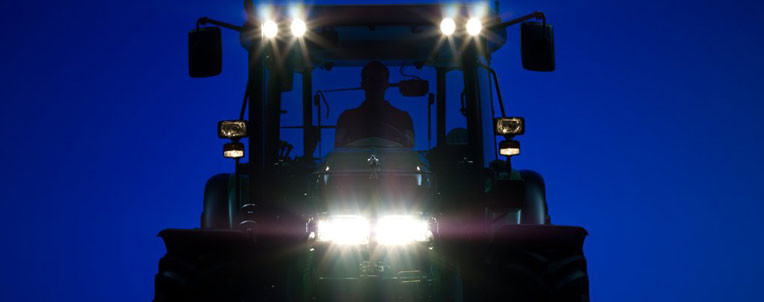Ah Spring! The time when young arts organizations thoughts turn to …outdoor festivals.
With the upcoming warm weather, it seems the time to offer some general tips about preparing and planning for outdoor festivals. More specifically, with crises that may arise.
Even if you have been running a festival for awhile, these bear noting. I worked for a well organized outdoor arts and music festival that had been running for 12 years before I got there. For my first year, lucky number 13, my trial by fire was a trial by water when rains unlike any the festival had ever seen hit.
The fact it was well organized probably went a long way toward the good attendance at the 14th festival because everyone kept performing their duties while others handled the crisis. Even though we anticipated some of the problems that arose, having never had to handle the issue before, the planning fell short of what was necessary.
Every festival has its own characteristic quirks, but the following are some guidelines that generally apply to every event.
When It Comes Time To Make A Decision, Be Flexible, Clear and Decisive
In our case, because we were a rural festival most of the parking was in fields. While we had laid in a supply of plywood for cars to drive on, the wood either sunk in the mud or warped and thwacked the bottom of vehicles as they passed. The executive director called in a construction company that essentially built quick roads of crushed rock and concrete for people to drive out on.
We also took down snow fence barriers even though doing so provided easier access to backstage and sensitive areas in order to allow people to drive out on firmer, less trafficked ground.
Ultimately, there were bills for both the plywood and temporary roads, but the decisions helped attendees get home quicker and left them with a good impression for the next year.
Have A Well Equipped Crew Tasked To Respond To Crises
This may sound logical, but until year 14 we never had a dedicated crew whose only job would be to respond to problems. After the rains of year 13, we did. They had a pick up truck with all sorts of tools and caches of materials laid out in strategic locations.
Year 14 was beautiful and while they could have sat around doing nothing, each shift found a bunch of odd jobs to do throughout the day. Even if they had done nothing, it was worth the investment. Year 15 they were needed. Good crew leadership is a must for these folks.
Cultivate A Good Relationship With Local Law Enforcement and Emergency Personnel
This is something that can’t wait until festival day. If you are going to make a decision that all departing traffic needs to flow in a certain direction, you have to know they are on board and won’t countermand this and turn cars back around. Ideally, you would have had a conversation about these options weeks before the festival, but if you haven’t the enforcement personnel needs to be confident in your ability to make a informed decisions.
(And if there is any possibility at all that people will be directed home a different way than they arrived, have signs posted directing them to the correct route. Not everyone has GPS or can get a signal.)
In addition, there is the manner in which troublemakers and the injured are handled at your festival. You want to avoid any activity that calls too much attention to itself. The more emergency personnel and law enforcement respect your festival, the more likely they are to conduct themselves in a discreet, efficient manner.
Also, if you are in a town notorious for giving out speeding tickets, you want to be in a position to call on that relationship to get them to be a little more tolerant for your festival days. We got a concession based on our ability to arrange for those digital “This Is Your Speed” signs from the county.
Cultivate A Good Relationship With Your Neighbors
In my experience, seeing a John Deere tractor bearing down on me in the darkness to help tow a car out when even the tow trucks we always had on hand got stuck was perhaps the most gratifying result of my organization having a good relationship with the local farmers.
If you are having a festival in all likelihood all the people and traffic are going to have a negative impact on the local families and businesses. Even as the restaurants and gas stations make more in a day than they make in a month, the fact locals are cursing under their breath because they can’t make a turn in or out of the driveways of those businesses reflects badly on you.
Some issues you can’t control, but in other cases you can at least make a gesture acknowledging that your activities were going to inconvenience your neighbors.
Knowing that in bad weather, people were likely to park on the shoulder of the road rather than the fields, we sent people out to visit the neighbors with stakes, no parking signs and caution tape. They would offer to put the signs and tape up in front of houses and driveways so people wouldn’t be blocked in their own houses. Or they would hand over the materials so the homeowner could put it up themselves.
Flimsy and ad hoc as they may have been, these fences made good neighbors.
